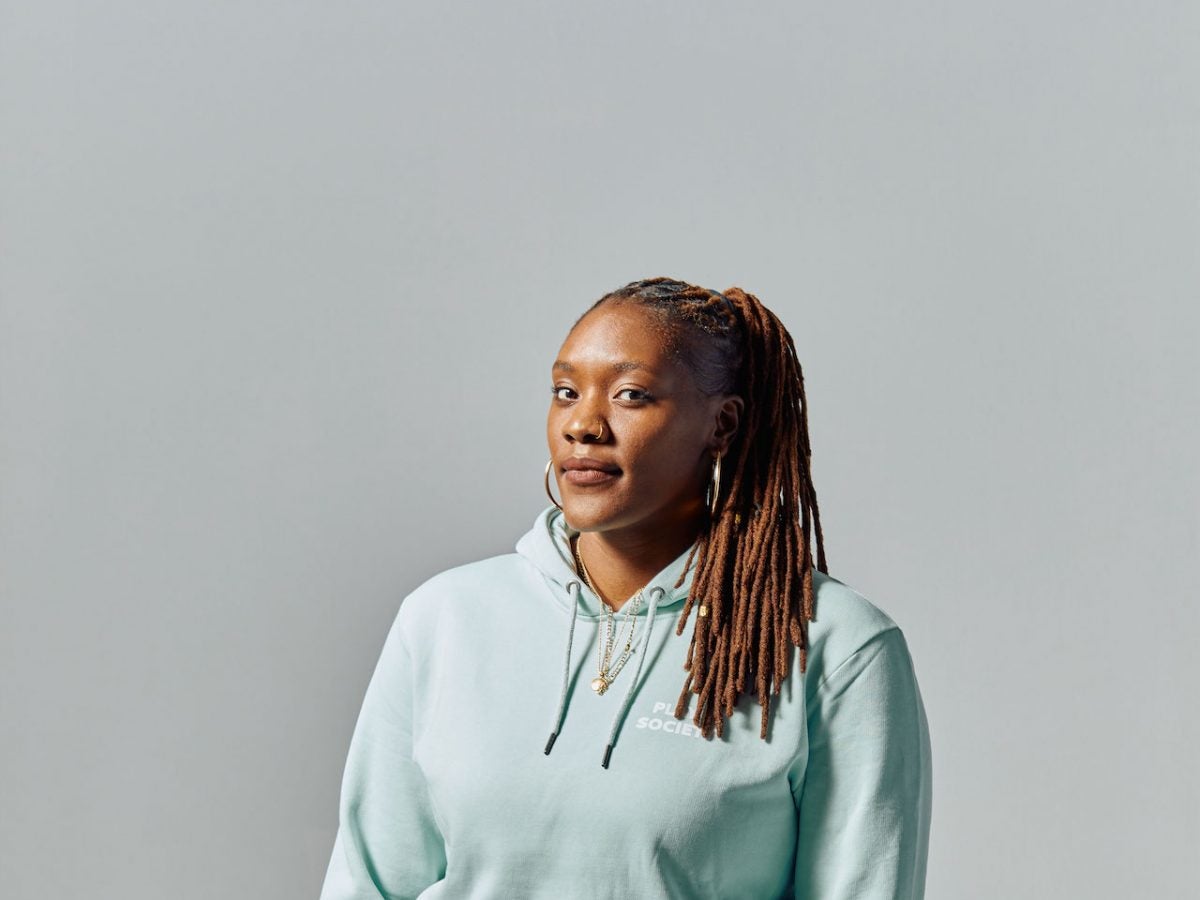
Women athletes are treated unfairly. Full stop.
This is well-known but was recently magnified in isolated incidents chronicled on social media that called out inequities between male and female sports players. Earlier this year, women’s college basketball players and coaches expose the disparities between their tournament and the men’s.
Black women athletes are doubly affected.
Not only do they have to combat gender inequity, but racial barriers as well. This was recently highlighted by Paige Bueckers, a white sophomore guard for UCONN who devoted her acceptance speech after winning the award for Best Female College Athlete to Black women in her sport and across America.
“With the light that I have now, as a white woman who leads a Black-led sport, I wanna [shine] a light on Black women,” she said to a captive and slightly shocked audience. “They don’t get the media coverage that they deserve. They’ve given so much to the sport, community, and society as a whole. Their value is undeniable. In the WNBA last season, the post-season awards 80% of the winners were Black, but they got half the amount of coverage as white athletes. So I think it’s time for change.”
Esther Wallace thinks so too.
The former Division I basketball player, 31, said she faced microaggressions and second-class treatment in her professional career following college, even though she only played for one year in England.
“A light went off when I came toward the end of my time on the court,” Wallace said, referring to her short-lived pro-basketball career that was ended early due to a heart condition. “Pay inequities, lack of exposure…all of that started to click for me when I stepped away from the league.”
Fortunately, Wallace’s life quickly rebounded after basketball. The brilliant marketer landed a role at the esteemed Massachusetts Institute of Technology (MIT) as one of the heads of their branding department and simultaneously began building her own brand, Playa Society.
The line began in 2015 when she was inspired to recreate basketball-inspired t-shirts for women that she would buy from the men’s department. She recalled her frustrating experience with finding appealing clothing as a college athlete, an issue that male players didn’t have to worry about.
“I noticed when schools were picking out the men’s basketball apparel, there’s no qualifier for the men’s basketball team but the women are othered…put into a different category than male athletes and everything sufferers because of that, even the way our clothing looks and fits,” she shared.
Once Playa Society launched, it was an almost instant success. In 2018, she officially launched Playa Society and her designs have since been endorsed by players in the WNBA, NBA, USWNT, NWSL, and NWHL.
Now, the brand has partnered with the WNBA to create merchandise for the fans on and off the court.
“I think people gravitated toward Playa Society because our message was simple but powerful,” Wallace said referring to one of the most popular designs, a t-shirt that bears the words FEMALE ATHLETE. “I want people to realize that women should no longer be considered second-class citizens to men. We work just as hard, get just as many championships, and deserve just as much.”